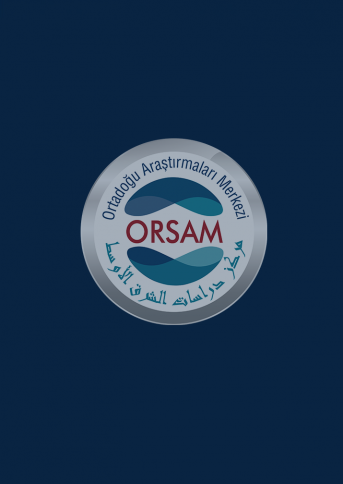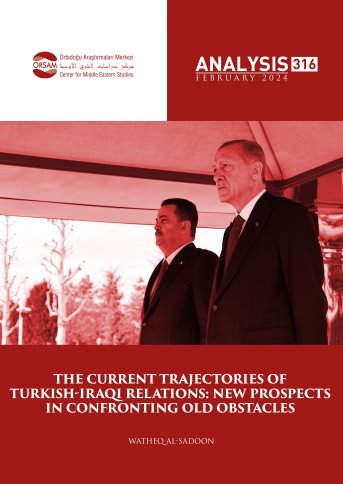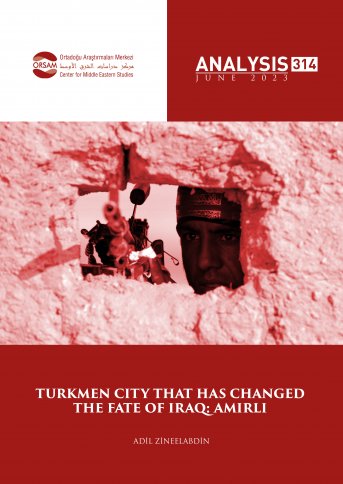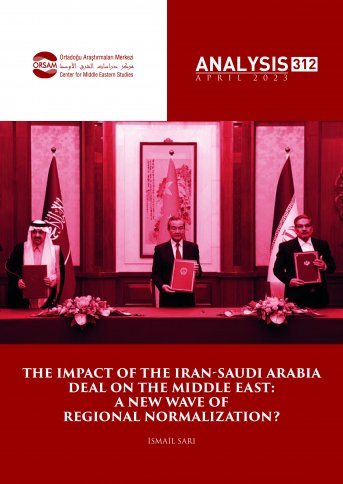
Turkey and WFD Harmonization: A Silent, But Significant Process
The European Union’s (EU) Water Framework Directive (WFD) has been designed to be umbrella legislation for the management of European waters. It was adopted in 2000 following a series of long negotiations. In its march towards EU membership, Turkey faces the challenge of transposing and implementing all elements of the WFD. As the WFD has become part of the acquis Turkey is obliged to comply with it by date of accession.
Within the context defined by the Helsinki Summit, beginning from early 2000s, a number of steps have been taken by Turkey in order to facilitate the harmonization process with the EU Water Framework Directive and its related EU-level legislation. All these efforts could be analyzed under three main categories. The first one is the “pilot projects” which includes projects supporting harmonization in a specific location (e.g. MATRA Project focusing on Büyük Menderes Basin), or throughout the country (Twinning Project on Monitoring, 2010-2011). Pilot projects are either supported by a single country (the DEFRA supported project, 2005), or by a number of countries (Twinning Project, “Capacity Building Support to the Water Sector in Turkey”, which was supported by the Netherlands, Slovakia and the United kingdom, 2008-2009). The second category is the “legislation changes” specifically done in order to move Turkish water legislation closer that of the Union’s. These include changes in existing legislation and enactments of new pieces of legislation. The third category includes the provisions that official legal documents and independent official studies or initiatives (e.g. National Programs, Working Groups’ Documents, Strategy Documents) entail with respect to water management policy area.
This Report provides a discussion on these changes and providing an analysis about their extent in altering the legal framework, institutions, and policy networks (inter-relationships among relevant actors) prevalent in Turkish water management. In so doing, both strength and weaknesses of Turkey’s progress with regards to the WFD harmonization will be examined.
It is basically argued that the different projects, programs and initiatives which are aiming at facilitation of the WFD harmonization process in Turkey have contributed to changes in three dimensions of Turkey’s water policy. However, the influence of these projects in altering the legal discourses, policy networks and institutions varied significantly. While these projects appeared to have a strong effect in catalyzing the legal changes and changes in configuration of actors in policy networks, their influence on modifying the governing “soft” institutional arrangements of water policy in Turkey is not evidenced.







